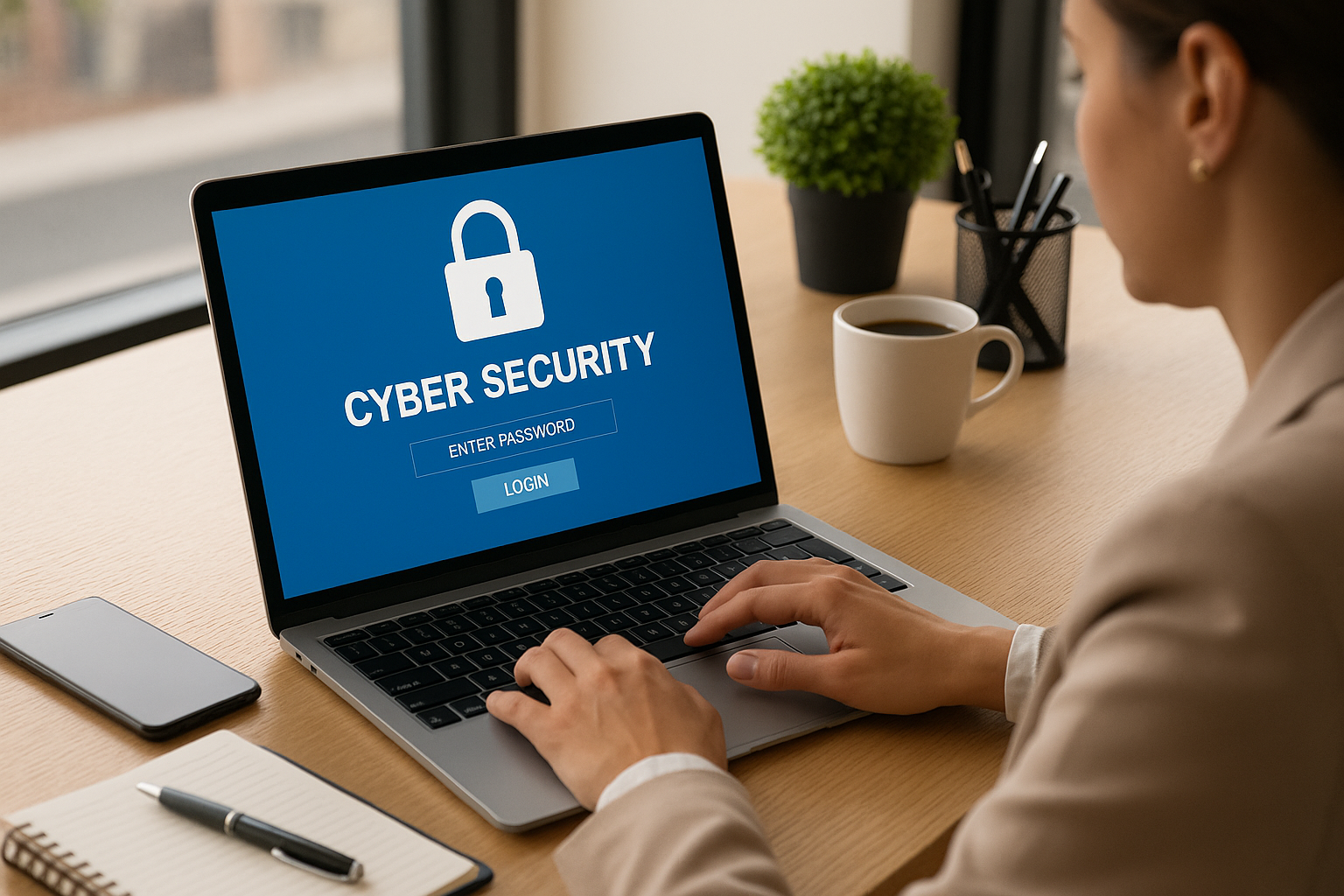In today’s fast-paced digital world, cyber threats are becoming more sophisticated and harder to detect. While organisations invest heavily in security systems, employees remain the first line of defence against cybercrime. Developing strong cyber security habits not only protects company data but also safeguards personal information from being compromised. Businesses that work with experts like Infotrust know that creating a culture of awareness is just as vital as investing in advanced technology.
Below are 10 essential cyber security habits every employee should adopt in the workplace.
Use Strong, Unique Passwords
Passwords remain the foundation of digital security. Employees should avoid simple or repeated passwords across accounts. Instead, use complex combinations of letters, numbers, and symbols. A password manager can help keep track of multiple logins safely.
Enable Multi-Factor Authentication (MFA)
MFA adds an extra layer of security by requiring more than just a password. Whether it’s a one-time code sent to your phone or biometric verification, MFA drastically reduces the chances of unauthorised access.
Be Cautious with Emails and Attachments
Phishing remains one of the most common cyber threats. Always verify the sender’s details before opening attachments or clicking links. If in doubt, report suspicious emails to your IT team immediately.
Lock Devices When Not in Use
Leaving computers or mobile devices unattended, even for a short break, creates an opportunity for data breaches. Make it a habit to lock your screen whenever stepping away from your desk.
Keep Software Updated
Updates often include security patches that fix vulnerabilities. Regularly updating operating systems, applications, and antivirus software ensures that your devices are better protected against the latest threats.
Avoid Using Public Wi-Fi Without Protection
Public Wi-Fi networks can expose sensitive information to hackers. If you must connect, use a virtual private network (VPN) to encrypt your data.
Be Careful with Removable Media
USBs and external drives can carry malware. Before using them, ensure they are scanned by your antivirus software. Ideally, avoid using unknown or untrusted devices altogether.
Manage Sensitive Data Properly
Employees should understand the importance of handling sensitive data with care. Encrypt files where necessary and avoid transferring confidential information through unsecured channels.
Report Incidents Promptly
If you notice unusual system behaviour or believe you’ve been targeted by a cyberattack, report it right away. Early reporting allows IT teams to act quickly and limit potential damage.
Stay Educated on Cyber Security Practices
Cyber threats evolve constantly. Participating in regular training sessions and staying informed about emerging risks ensures employees are always prepared.
Building a Security-Conscious Culture
Cyber security is not just the responsibility of IT teams—it’s a shared duty across the entire organisation. By developing these habits, employees contribute to a stronger defence against cybercrime and foster a culture of vigilance. With the guidance of specialists, organisations can combine best-practice technology with employee awareness to create a truly resilient security framework.


































